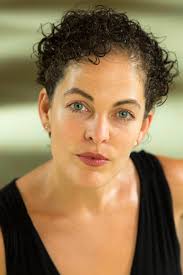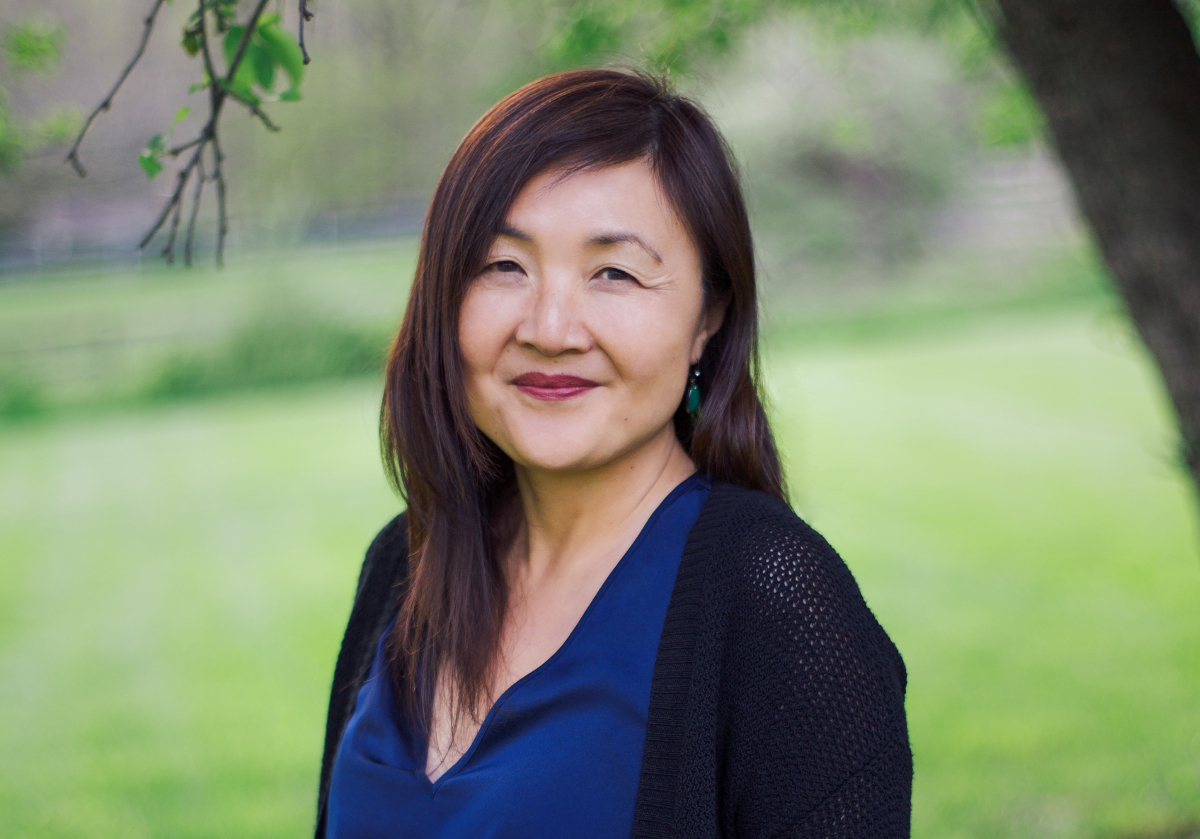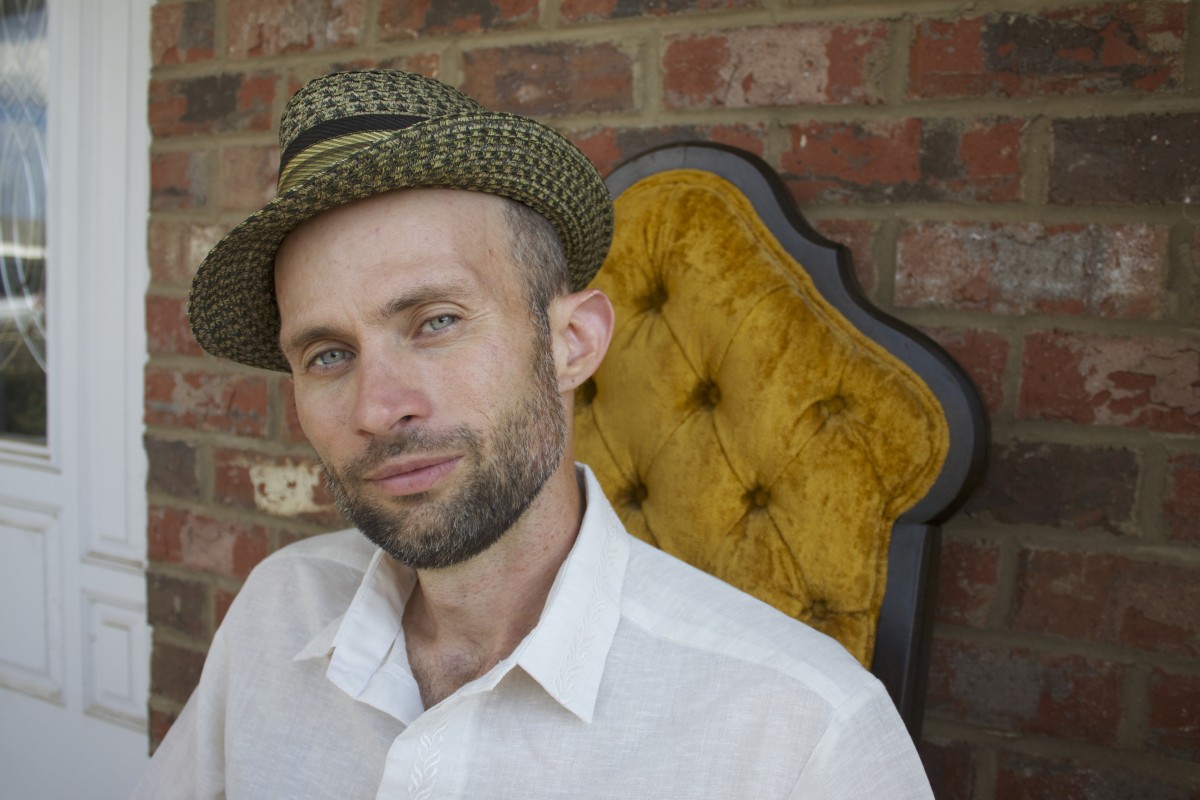The personal is indeed political for Shara McCallum, a Week Five poet-in-residence at the Chautauqua Writers’ Center. However, within the context of her lived experience as an award-winning poet and a mixed-race, Jamaican-born woman who identifies as black, she finds the popular protest slogan lacking when called upon to affect tangible change.
“Politics operate best in a communal setting,” McCallum said. “I think the idea, that every personal action is political, is hollow. If the personal is political for the poet, he or she or they can engage with personal subject matter and see the way in which it has ramifications for politics, culture and history.”
Returning to Chautauqua — she was last a writer-in-residence in 2017 — McCallum will lead the Week Five advanced poetry workshop, “Going Beyond the Personal,” in which she and her workshop participants will bring together conversations about personal histories and “innovative” poetic forms to “further the poem’s reach.” McCallum will read from Madwoman, her most recent collection, alongside readings from fellow poet-in-residence Abraham Smith and prose writer-in-residence Jimin Han, at 3:30 p.m. Sunday, July 21 in the Hall of Philosophy.
Although she encourages students to move their work outward from themselves, McCallum likes to think of memoir and autobiography as “a starting point for literature.” She also acknowledges that literary forms can “give shape to our experiences” — and that writing a solely self-reflective poem can limit the poem’s openness.
Citing Native Guard, Natasha Trethewey’s Pulitzer Prize-winning collection on race, memory and place, McCallum characterized her workshop as striving to find the avenues in which poets can engage personal truths with a wider social history.
“There are impulses to write about the self, while at the same time developing a connection to the world and to others that the poem can engage,” McCallum said.
For Smith, who will lead the poetry workshop, “Performing the Poem,” a poet’s body is a foremost vehicle for meaning.
The author of five poetry collections — most recently, Destruction of Man, from which he will be reading on Sunday — Smith is a full-throated proponent of a “more embodied poetic” inspired by dynamic slam poets like Patricia Smith. He described his week-long workshop as a “playground in which to tinker with and explore poetry performance” by watching YouTube clips of spoken word poetry, and investigating different performance personas — mimicking moves and “window dressing” their bodies.
“Over the span of the last decade, poets who are known for their performances have trickled into academia,” Smith said. “But for the longest time, poets of academia talked about poems as something constructed for the page only. And yet a fundamental aspect of hospitality or generosity is figuring out how to best give the poem to the audience.”
Poems are “lightning of the body,” according to Smith, and the body is like “the whiteness of a page.”
“When we sit down to write, poems are conveyors of the fundamentals of the entire somatic system,” he said. “They’re something that happens imaginatively, that isn’t coming from just the knee or just the toe or the hip or the head. There’s no border between the poem and the body.”
Han is also interested in porous borders and elastic literary frameworks, both concepts she will unpack in her workshop, “Story, Plot, Structure: Telling the Difference and Telling It Well,” and Brown Bag lecture “Going Home Again: Memory and the Fiction Writer.” Upon her Week Five return to Chautauqua — Han spent a decade of her childhood in Jamestown, New York, and served on a panel at the 2018 Writers’ Festival — she will read from her debut novel A Small Revolution.
“I’ve talked to people who haven’t read a novel in years, but they read this book because of the way it’s written in these segments,” Han said.
She looks to Cristina Henríquez’s short story “Everything Is Far from Here” and Mary-Kim Arnold’s book, Litany for the Long Moment, as potent examples of creative interplays between story, plot and structure, though she endeavours to let the needs and interests of her workshop participants guide the readings she selects. Once, after Han asked for reading recommendations to improve her own writing, a professor told her she “must” seek out and read a certain short story. Later, Han discovered that the professor had recommended that story to more than half the class.
“That just killed me,” Han said, noting that, though the story “was illustrative of many craft issues,” she hopes to take a more individualized teaching approach in her workshop.
“I want them to leave knowing that there isn’t one way to do something or one way to pursue their work,” she said. “What is it that you envision? Who do you see yourself as? We have to examine all of those things in order to get to material where we say the things that are true.”
Han was a “chatty” 4-year-old when she moved from Seoul, South Korea, to the United States. Learning English, she thinks, contributed to her fascination with “all the different ways of saying something.” She rebuffs a rigid interpretation of the “show, don’t tell” methodology — sometimes exposition can be helpful — and instead favors a writing landscape less governed by rules.
“Who told you that this was good writing?” Han asked. “All of those things get in the way. I’m looking for a new way of telling things. Especially, right now — there’s an urgency to do that.”
In her teaching life, McCallum, who earned her doctorate in poetry and African American and Caribbean literature from Binghamton University, and is now a professor of English at Pennsylvania State University, wants first to ensure she heeds the oath taken by medical doctors: “do no harm.”
“I’m going on three decades of writing and reading poetry seriously, and it truly doesn’t get easier,” McCallum said. “Every time, you’re facing a new challenge and the blank page. More than anything, I want to leave people better in their desire to contribute and engage, and confident in themselves as poets.”







